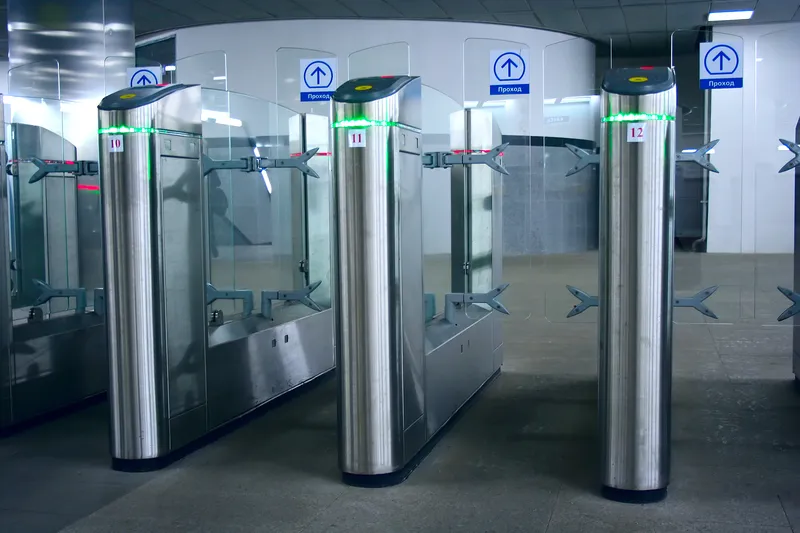Lawmakers in San Francisco have voted to outlaw the use of facial recognition tools.
It is a move which will have implications for police surveillance – and also for transit agencies.
It was reported last year that Bay Area Rapid Transit (
The 8-to-1 vote by the Board of Supervisors means San Francisco is the first city in the US to take this step – and the decision may form a precedent which other cities feel bound to follow.
Some police forces are already using live facial recognition (LFR) tools for surveillance.
Civil liberties group Big Brother Watch said last year that the London Metropolitan Police’s use of LFR in public spaces was “98% inaccurate – it identified people correctly only 2% of the time”. Elsewhere in the UK, South Wales Police’s live facial recognition “was inaccurate 91% of the time and had resulted in the misidentification of 2,451 people”.
In an interim report earlier this year, the UK government’s Biometrics and Forensics Ethics Group concluded: “There are a number of questions about: the accuracy of LFR technology; its potential for biased outputs and biased decision-making on the part of system operators; and an ambiguity about the nature of current deployments.”
San Francisco bans facial recognition software
Lawmakers in San Francisco have voted to outlaw the use of facial recognition tools.
It is a move which will have implications for police surveillance – and also for transit agencies.
It was reported last year that Bay Area Rapid Transit (Bart) was considering the introduction of face recognition software on its cameras, for example – but Bart will not now be able to do so.
The 8-to-1 vote by the Board of Supervisors means San Francisco is the first city in the US to take this step – and the decis
May 15, 2019
Read time: 2 mins









